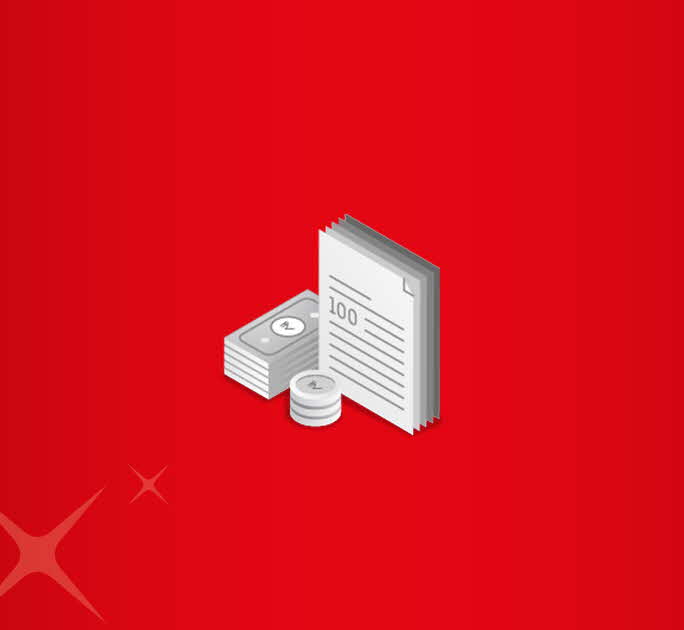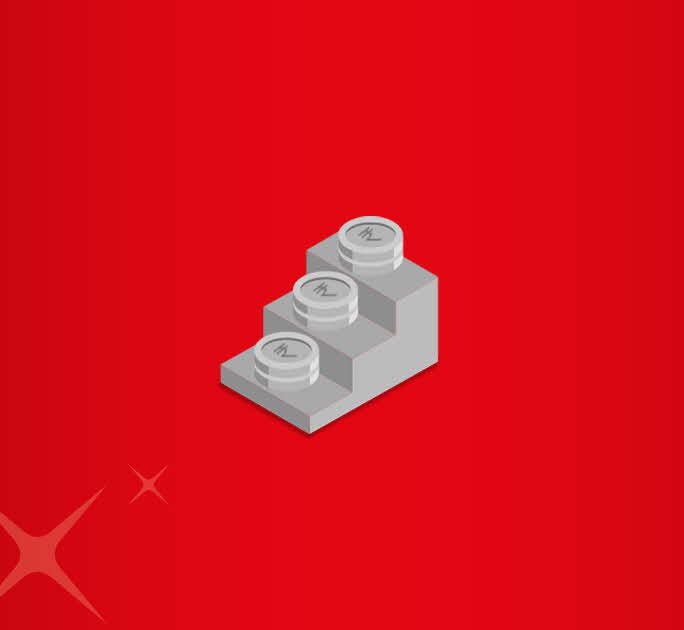- Save
- Invest
- Borrow
- Pay
- More
- NRI Banking
- Customer Services

The Ultimate Guide on Tax Saving Mutual Funds
Invest in Tax – Saving Mutual Funds to avail deductions and reduce your tax outgo.
Key Takeaways
- Equity Linked Savings Schemes or ELSS are the best tax saver mutual funds in India.
- ELSS falls under Section 80C, under which you get deductions of up to INR 150,000 per annum.
- Investors in the 30% tax bracket can save up to 46,800 per annum through ELSS investments.
- You need to stay invested in ELSS tax saving schemes for at least three years.
- ELSS offers dual benefits of tax savings and wealth generation.
Introduction
Investing in mutual funds can be both rewarding and overwhelming as there are several categories. It is no wonder that India’s Securities and Exchange Board (SEBI) formally categorised mutual funds. As per SEBI categorisation, there are five major categories and several sub-categories. For instance, equity and debt mutual funds are further sub-divided into eleven and sixteen types, respectively. One such equity mutual fund scheme is ELSS, the best tax saver mutual fund scheme. Let us understand what is a tax saver mutual fund in this article.
What Is A Tax Saver Mutual Funds?
As is apparent from the term, a tax saver mutual fund is one on which you get tax deductions benefits. There is only one tax saving mutual fund scheme in India – the Equity Linked Savings Scheme or ELSS. Under Section 80 of the Income Tax Act of India, 1961, you can claim benefits from your taxable income if you choose to invest in ELSS mutual funds. Fund managers typically allot 65% of assets in equity and equity-linked schemes. For investors, the ELSS tax saving mutual fund scheme can generate the highest returns among all investments permitted under section 80C.
Features And Benefits Of Taxing Saving Mutual Funds
Here are some of the best features and benefits of ELSS tax saving funds:
- ELSS investments allow you to benefit from tax deductions and assist with wealth creation.
- Under Section 80C, you may claim tax deductions of 150,000 per annum.
- As an ELSS investor in the highest tax bracket of 30%, you can save up to INR 46,800 per annum.
- ELSS funds come with the shortest lock-in period among all Section 80 C investments, i.e., three years.
- There are no provisions to exit an ELSS scheme prematurely.
- You may invest any amount of money in an ELSS scheme, as there is no specific upper limit. However, the minimum investment amount may differ from one fund house to another.
- ELSS funds are also the only tax-saving investments that can potentially generate inflation-adjusted returns.
If you want to invest in mutual funds, download the DBS Bank app today and choose from over 200 schemes!
Comparison With Other Tax Saving Schemes
Under the IT Act of India, you can invest in various schemes and avail tax savings benefits. However, under-investment tenure and returns, ELSS funds are the best tax saver funds. For instance, you can get tax exemptions by investing in 80C instruments like Public Provident Funds and Tax Saving Fixed Deposits. However, the returns generated on both instruments are significantly lower, while the investment tenures are higher at 15 and 5 years, respectively. In comparison, ELSS tax saving funds come with a short lock-in period of only three years.
That said, PPF and Tax-savings FDs are safer investments, unaffected by market fluctuations. In contrast, ELSS invests in equity schemes, so there is always an element of risk attached. ELSS is a scheme that fits the cliché, ‘higher the risks, higher the rewards’. However, you can mitigate your risks by running technical and fundamental analyses about ELSS funds - their past performance, management, prospects, etc., before investing.
How To Invest In Best Tax Saving Mutual Funds?
You can invest a lump sum amount in ELSS tax savings funds and lock your investment for three years. You can just as efficiently utilise the Systematic Investment Plan (SIP) route. If you opt for the SIP route, remember that each instalment is considered a particular investment, and so it has to be locked in for three years. The minimum investment amount for SIP can be as low as INR 100-500, depending on the fund house.
You may invest in ELSS tax saver mutual funds on your own through the fund house’s website by completing the KYC formality. You may also invest via your Demat and trading account (although it is not mandatory for mutual fund investments).
Open Savings Account
in 3 easy steps
Aadhar Card + PAN Card + Video KYC
= Account opened!
Conclusion
The best tax saver funds are those that remain stable even during volatile markets. In India, many investors have benefited from investing in ELSS mutual funds. It is one of the best instruments that assist with wealth creation while providing tax savings benefits. If you are unfamiliar with mutual funds, you should consider hiring an investment advisor to guide you with your investments.
Download digibank to explore the different mutual funds on offer. Also, open your savings account with us.
*Disclaimer: This article is for information purposes only. We recommend you get in touch with your income tax advisor or CA for expert advice.
DBS Bank offers Mutual Funds that are instant, paperless, signatureless – even transaction fee-less! What’s more? You get to choose from 250+ Mutual Funds across 15 top-performing asset management companies. So why wait? Login to digibank (app or internet banking) and start investing in a flash with instant Mutual Funds on DBS Bank.
Read up more on Mutual Funds here.
Mutual Fund investments are subject to market risks, read all scheme related documents carefully before investing.














